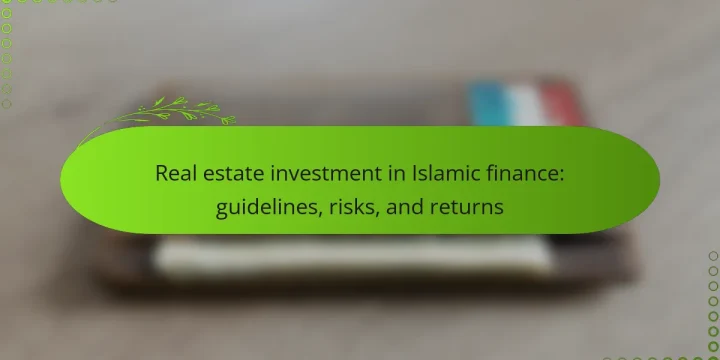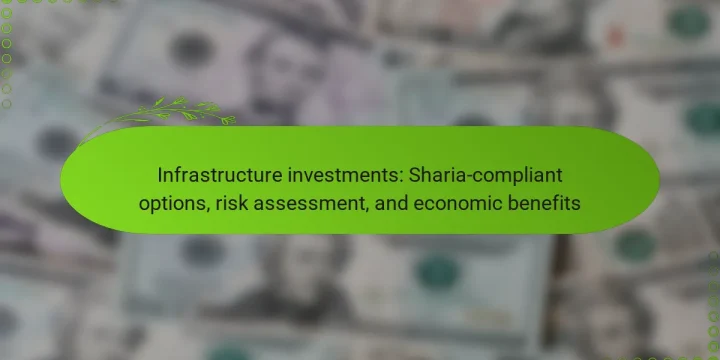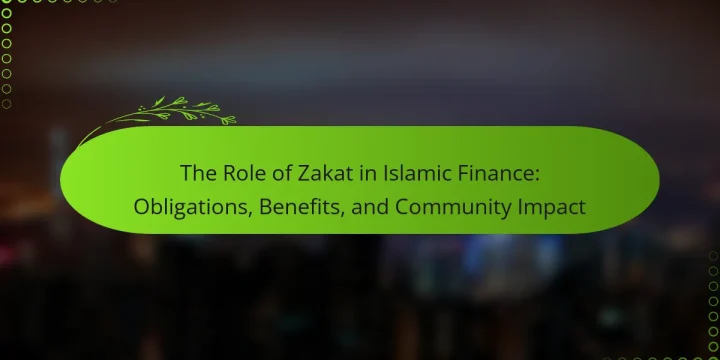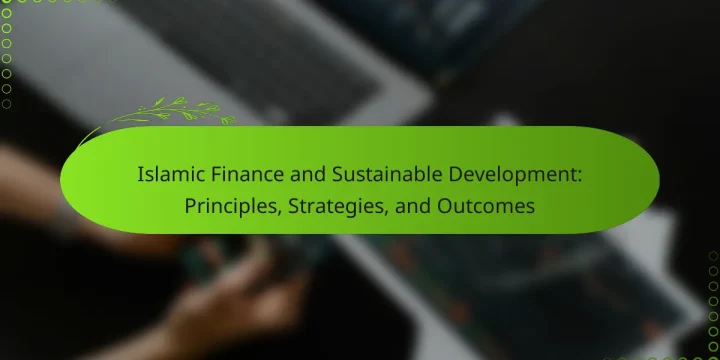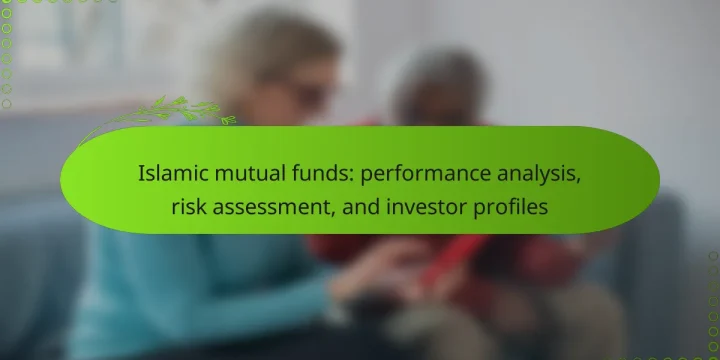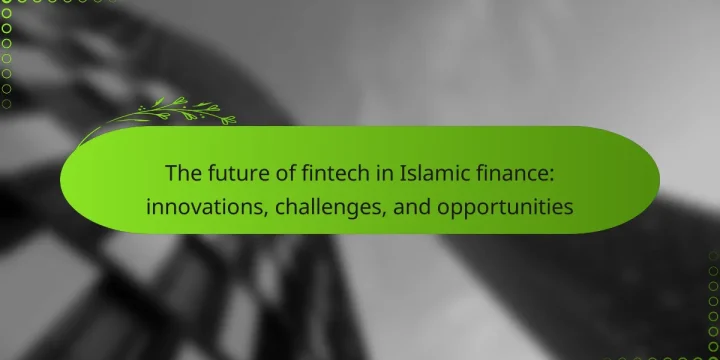
What is Riba in Islamic Finance? Riba in Islamic finance refers to the concept of usury or interest. It is considered prohibited under Islamic law (Sharia). Riba is defined as any guaranteed interest on loaned money. It is viewed as exploitative and unjust. The prohibition is based on several Quranic verses. For example, Surah Al-Baqarah (2:275-279) explicitly condemns Riba. The aim is to promote fairness and equity in financial dealings. Thus, Islamic finance promotes profit-sharing and risk-sharing instead of interest-based transactions. How is Riba defined in Islamic teachings? Riba is defined in Islamic teachings as any form of interest or usury charged on loans. It is considered exploitative and unjust. The prohibition of riba is rooted in the Quran, specifically in verses like Surah Al-Baqarah (2:275-279). These verses emphasize that…
